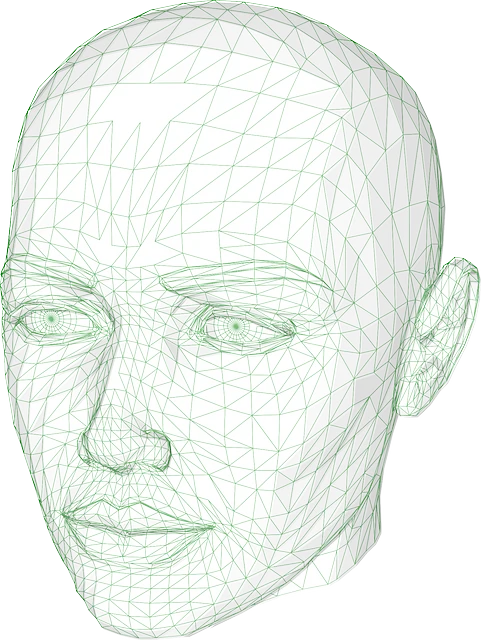Heroin addiction requires a complex approach due to its intense physical and psychological grip. Kratom, derived from a plant, offers hope as an alternative treatment. This involves addressing both physical and psychological dependencies, understanding underlying causes, and providing safe spaces for withdrawal and healing. Personalized strategies, including therapy, support groups, and medical interventions, empower individuals to overcome their addiction and transform towards a drug-free life. While kratom shows promise, it should be integrated into a comprehensive rehabilitation program under professional guidance.
Heroin addiction recovery is a challenging yet rewarding journey. This article explores the multifaceted nature of heroin use disorder and its impact on individuals and society. We delve into the signs, symptoms, and contributing factors that make overcoming this addiction an intricate process. Introducing kratom as a potential supportive tool in addiction recovery, we examine its botanical properties, traditional uses, and scientific evidence backing its role in treatment. Furthermore, we discuss building a comprehensive recovery system by integrating kratom with therapy, counseling, support groups, and medical supervision to foster long-term sobriety.
- Understanding Heroin Addiction: The Challenge and Journey Ahead
- – Exploring the nature of heroin addiction and its impact on individuals and society.
- – Signs and symptoms of heroin use disorder.
Understanding Heroin Addiction: The Challenge and Journey Ahead
Heroin addiction is a complex and challenging condition that requires a comprehensive understanding to navigate its path towards recovery. The journey ahead demands patience, compassion, and tailored support due to the powerful nature of this opiate. Addiction treatment with kratom has emerged as a promising alternative for some individuals seeking relief from heroin’s grasp.
This process involves recognizing the physical and psychological dependence formed over time, addressing underlying causes, and providing a safe space for withdrawal and healing. It is crucial to offer personalized strategies, including therapy, support groups, and medical interventions, to empower those affected by heroin addiction. By combining these approaches, individuals can begin to unravel the enigma of their addiction, fostering a transformation towards a healthier, drug-free life.
– Exploring the nature of heroin addiction and its impact on individuals and society.
Heroin addiction is a complex and devastating condition that impacts not only individuals but also society as a whole. This highly addictive opioid, derived from morphine, acts on the brain’s pleasure and reward centers, leading to intense physical and psychological dependence. Over time, heroin users may experience severe withdrawal symptoms, such as nausea, insomnia, and intense cravings, when attempting to quit.
The impact of heroin addiction extends far beyond the user. It can disrupt families, lead to financial ruin, and contribute to higher rates of criminal activity due to the intense need for funds to support the habit. Moreover, the rise in opioid-related overdoses has become a significant public health concern worldwide. Addiction treatment with kratom, a natural herbal substance, has gained attention as an alternative approach. While it may offer certain benefits, it’s crucial to recognize that kratom is not a cure-all and should be part of a comprehensive rehabilitation program that includes counseling, support groups, and medical supervision to address the multifaceted nature of heroin addiction.
– Signs and symptoms of heroin use disorder.
Heroin use disorder is a serious condition characterized by physical and psychological dependence on the drug. Signs and symptoms can include increased tolerance, requiring more heroin to achieve the same effect, and experiencing withdrawal symptoms when trying to stop using. These symptoms often manifest as intense cravings, restlessness, nausea, sweating, and in severe cases, hallucinations or violent behavior.
Addiction treatment with kratom has emerged as a potential alternative for those seeking recovery from heroin use disorder. Kratom, derived from the Mitragyna speciosa plant, interacts with opioid receptors in the brain, offering pain relief and mood-enhancing effects without the same level of addiction risk associated with opioids like heroin. However, it’s important to consult healthcare professionals before attempting any form of treatment, as individual responses may vary.
Heroin addiction recovery is a complex journey, but with the right support, it is achievable. Understanding the nature of this challenge and recognizing the signs early on are crucial steps. One emerging alternative in addiction treatment is the use of kratom, which has shown potential in helping individuals manage cravings and withdraw from opiates. Remember that each person’s path to recovery is unique, so personalized support and a range of evidence-based treatments are key. By accessing resources like counseling, support groups, and innovative therapies, those struggling with heroin addiction can find hope and heal.






